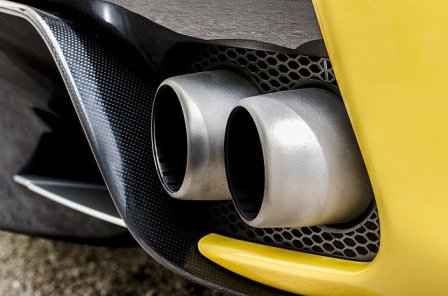
EC proposes flexibility to help manufacturers comply with 2025 CO2 emission targets for new cars and vans
London, April 01, 2025, (Oilandgaspress) ––Today, the European Commission proposed a targeted amendment to the Regulation setting CO2 emission performance standards for new cars and vans. The amendment introduces a flexibility measure with their CO2 targets between 2025 and 2027.
This proposal was announced as part of the Commission’s Industrial Action Plan for the European automotive sector, adopted on 5 March 2025. This followed the Strategic Dialogue on the Future of the Automotive Industry launched by President von der Leyen on 30 January 2025 and involving an open public consultation and multiple discussions and engagement with industry leaders, social partners and stakeholders to address the most pressing challenges facing the sector.
President of the European Commission, Ursula von der Leyen, said: “Our highly innovative automotive industry is decarbonising to contribute to the fight against climate change, but also to maintain its competitive edge on the world markets. With today’s initiative, we grant more flexibility to this key sector, and at the same time we stay the course of our climate goals. Together, we want to prove that decarbonisation and competitiveness can go hand in hand.”

The proposed flexibility measure allows manufacturers’ compliance with the CO2 targets for 2025, 2026 and 2027 to be assessed over the entire three-year period averaging their performance, rather than annually. This approach allows manufacturers to balance any excessive annual emissions by outperforming the target in the remaining year(s).
This additional flexibility will help safeguard the industry’s capacity to invest in the clean transition, while maintaining the 2025 target and keeping the industry on track for the next round of emissions reductions. The EU wide targets intend to make the EU’s transport system more sustainable and put road transport on a firm path to zero-emission mobility in 2050.
The Commission calls on the co-legislators to reach an agreement on this amendment without delay to ensure predictability and certainty for the automotive industry and investors.
Information Source: Read More
Oil and gas press covers, Energy Monitor, Climate, Gas,Renewable, Oil and Gas, Wind, Biomass, Sustainability, Oil Price, LPG, Solar, Marine, Aviation, Fuel, Hydrogen, Electric ,EV, Gas,

